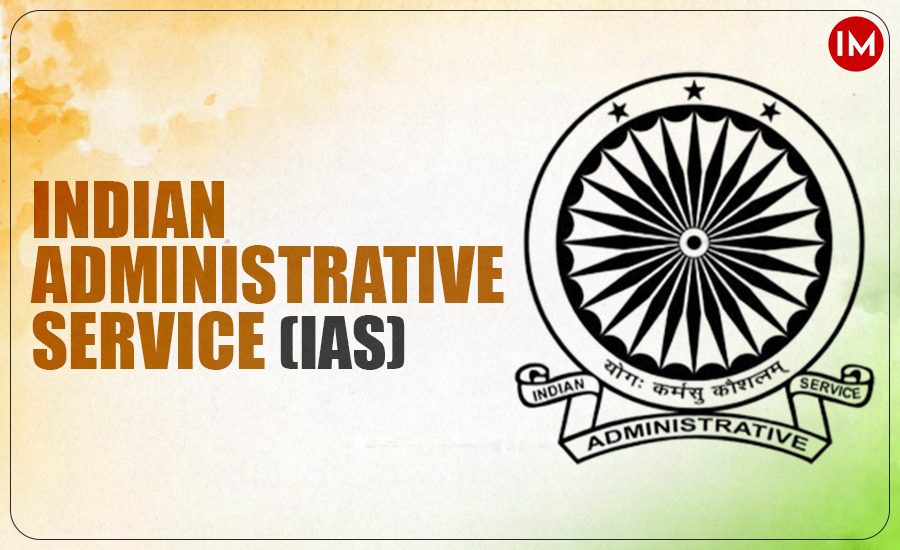Jabalpur: In a significant development, the Jabalpur Bench of the Madhya Pradesh High Court has dismissed the petition of 2001-batch IAS officer ML Meena, who sought transfer from his original cadre Manipur-Tripura citing life threats. The court found no substantial grounds or official evidence supporting his claims of danger and upheld the government’s authority to assign cadre responsibilities.
The Case: Why IAS Meena Sought Transfer
IAS ML Meena, currently absent from duty for the past four years, had filed a petition claiming threat to his life in Manipur, alleging an assault by two MLAs in 2006. In his plea, Meena requested a permanent transfer to another state, arguing that returning to Manipur would endanger his personal safety.
What the Court Found
The division bench of Justice Atul Sreedharan and Justice D.K. Paliwal dismissed the petition after evaluating the merits of the case. Key observations included:
No mention of any threat in the Intelligence Bureau (IB) report of 2020.
Lack of official documentation of the alleged assault—no FIR, police station details, or case number were provided to substantiate the claim.
Meena had been transferred to Madhya Pradesh earlier, but was now required to return to his parent cadre in Manipur.
The court noted that he has been absent from duty since 2021, weakening the legitimacy of his plea.
Court’s Remarks: Government Has Discretion
The High Court made it clear that:
“The government is free to decide where the officer has to work.”
The court also expressed serious doubts about the authenticity of documents submitted in connection with the 2006 incident, calling the petition lacking in critical legal and factual details.
Read Also: Haridwar Land Scam: 2 IAS, 1 PCS Officers Chargesheeted; Vigilance Probe Ongoing
No Relief for IAS Meena
With the petition rejected, IAS ML Meena must now report to his original cadre in Manipur-Tripura. The court’s ruling affirms the central government’s authority over cadre postings and sets a precedent regarding transfer requests based on unsubstantiated safety concerns.





























